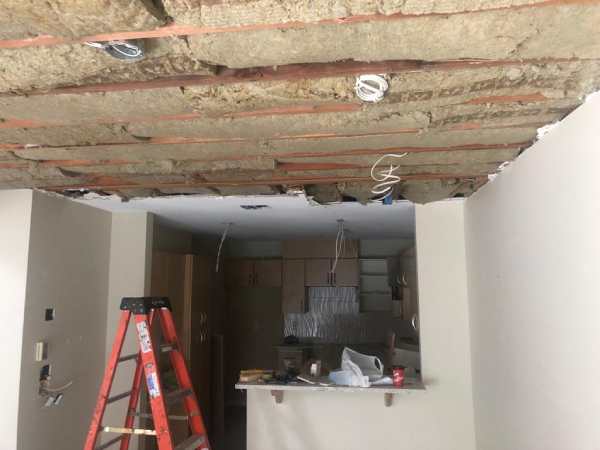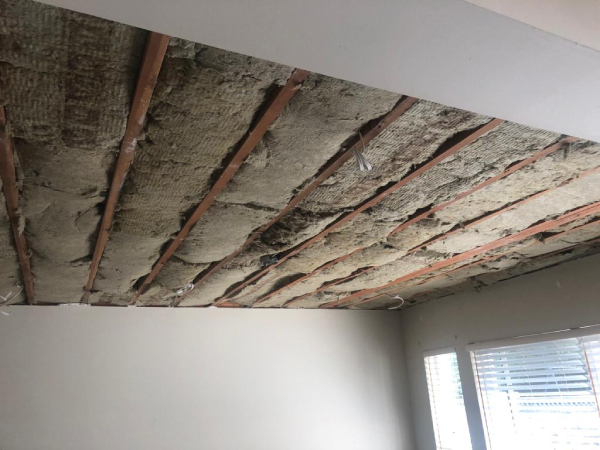
Sound Proofing
Soundproofing for Peace: Art and Science
Many of us want quiet in our homes in a noisy society. Modern home design and renovation include soundproofing.
Understanding Soundproofing:
Soundproofing is the art and science of decreasing or eliminating sound transmission. To create a calmer mood, use materials, construction methods, and strategic design. Home, business, office, and recreational spaces need soundproofing.
Soundproofing benefits:
Noise Reduction: Soundproofing primarily reduces noise. Soundproofing reduces external and internal noises including traffic, neighbors, and appliances.
Improved Privacy: Home and office privacy is highly valued. Soundproofing protects privacy by preventing talks from being heard in adjacent rooms. This is especially useful in open-concept living or shared work settings.
Enhanced Focus and Productivity: Soundproofing enhances focus and productivity in workplaces and workspaces. Reduce external disturbances and neighboring conversations to help staff focus.
Improved Sleep Quality: Soundproofing in bedrooms creates a tranquil and uninterrupted sleep environment. It offers a peaceful sleep environment by reducing external noise.
Compliance with Regulations: Some commercial or residential locations may have sound control regulations. Soundproofing helps comply with these rules, avoiding neighbor or government disputes.

Easy Soundproofing:
Identify Problem places: Soundproofing begins with recognizing places that need repair. Determine the noise sources—traffic, neighbors, appliances, and discussions. This assessment helps choose the best soundproofing.
Seal Gaps and Cracks: Initial soundproofing involves sealing gaps and cracks in doors, windows, and walls. These apertures allow sound to move freely. Noiseproofing with weatherstripping, door sweeps, and caulk is easy.
Utilize Acoustic Panels: These panels absorb sound waves, eliminating echoes and noise. Their versatility makes them easy to place on walls and ceilings. Acoustic panels can be customized to meet the space's decor in different sizes and styles.
Use Heavy drapes: Dense drapes absorb and block exterior noises, acting as sound barriers. Installing these drapes in bedrooms, living rooms, and home offices can greatly reduce noise.
Add Carpets and Rugs: Hard floors like wood or tile can increase sound. Carpets and rugs absorb sound, reducing reverberation and floor-to-floor noise. This works well in apartments and multistory residences.
Upgrade Doors and Windows: Poor sound transmission is often caused by doors and windows. Adding solid-core doors and double-paned windows with acoustic characteristics helps reduce noise ingress.
Use Noise-Reducing Insulation: Acoustic bats or spray foam insulation can effectively establish a sound barrier on walls. It's very useful during building or renovation.
Use Bookshelves or Wall Coverings: As sound absorbers, furniture, bookshelves, or specifically designed wall coverings help reduce echoing and sound waves bouncing off walls.
Soundproofing is an effective way to create a tranquil home or office. Understanding its benefits and adopting simple remedies can turn your area into a peaceful refuge from the outer world. Soundproofing is a versatile and effective way to create a peaceful environment in your house or the city.
© 2023 H&S Insulation. All Rights Reserved Design by Stratwit Solutions Ltd.
